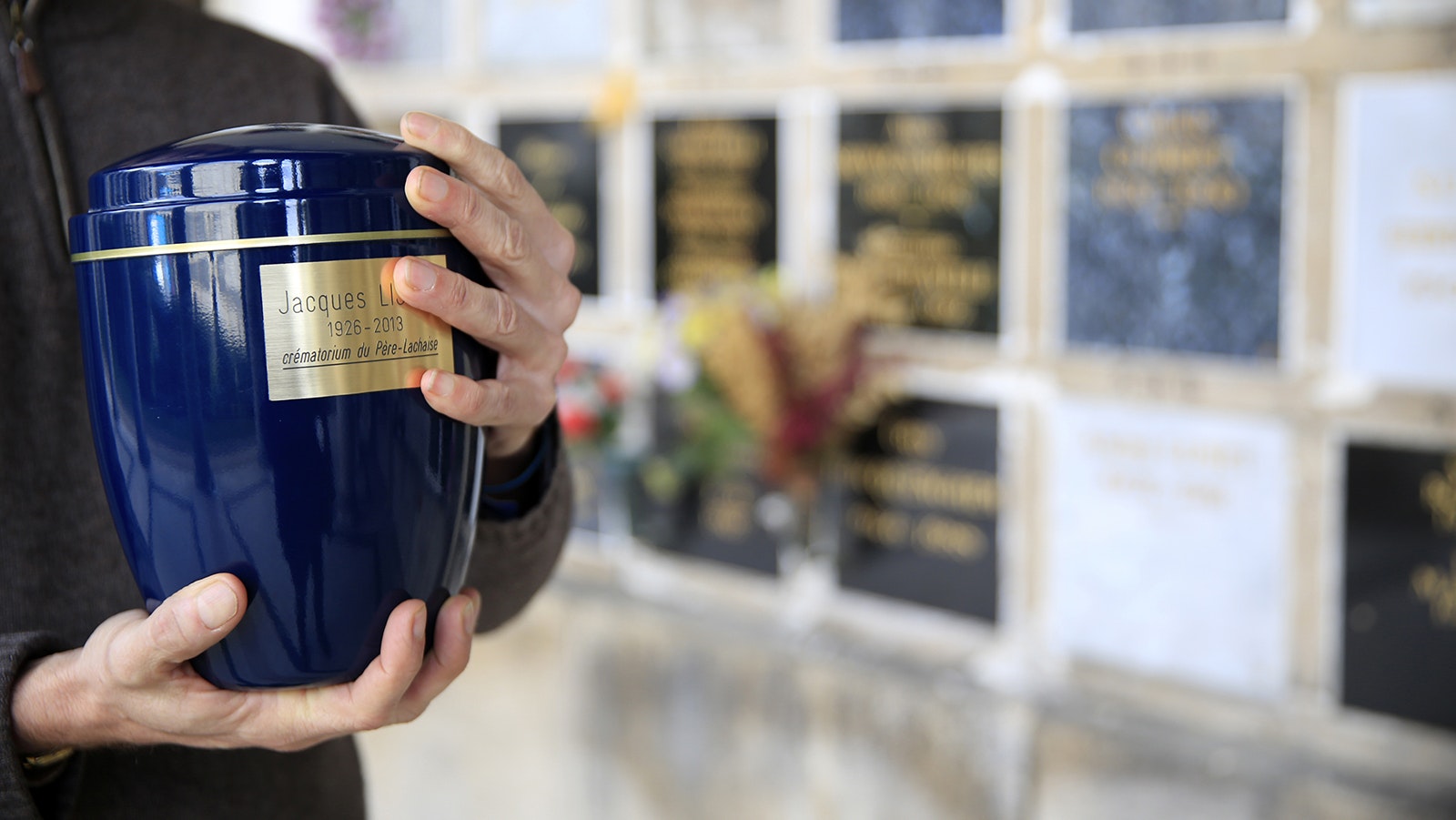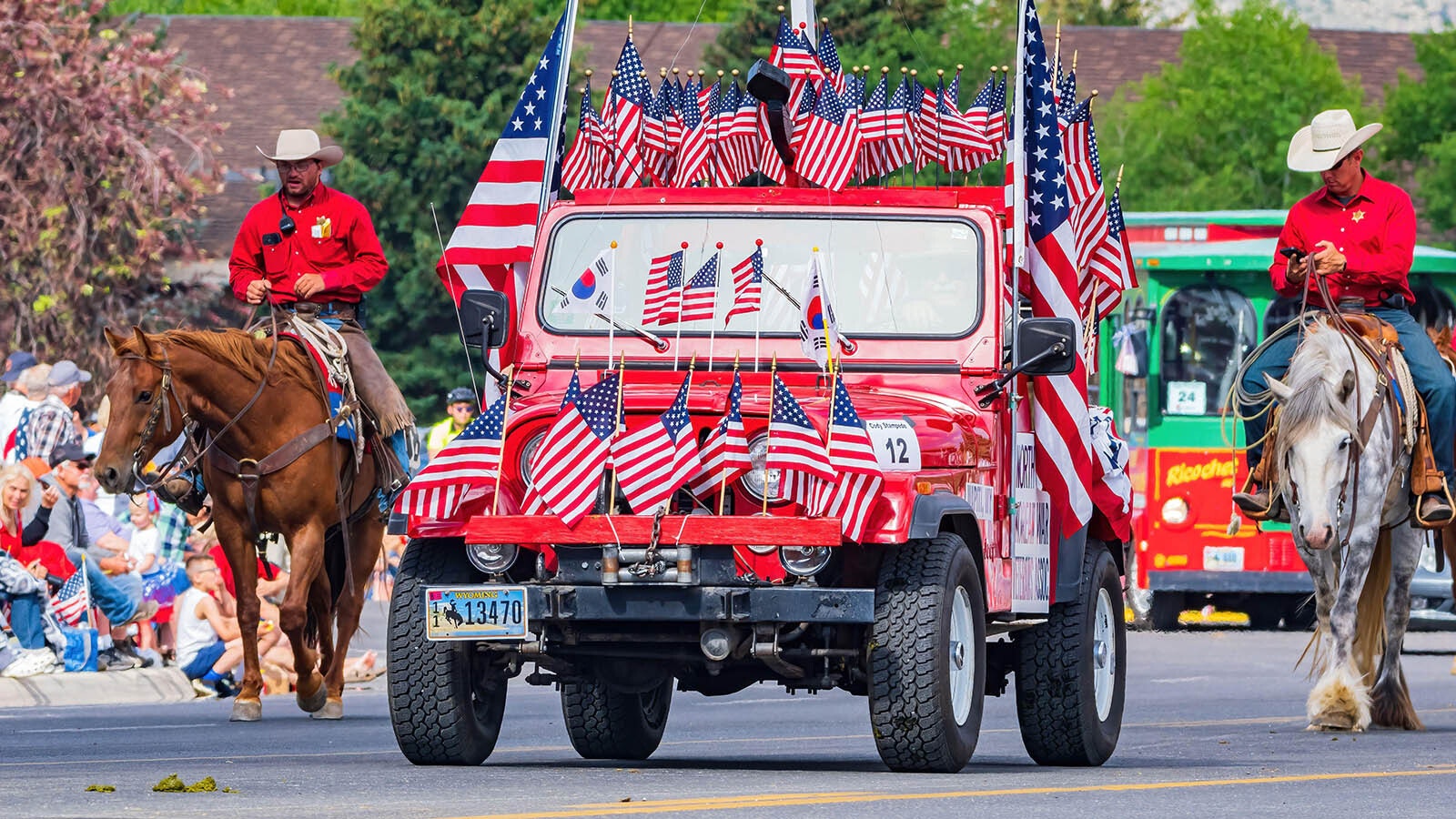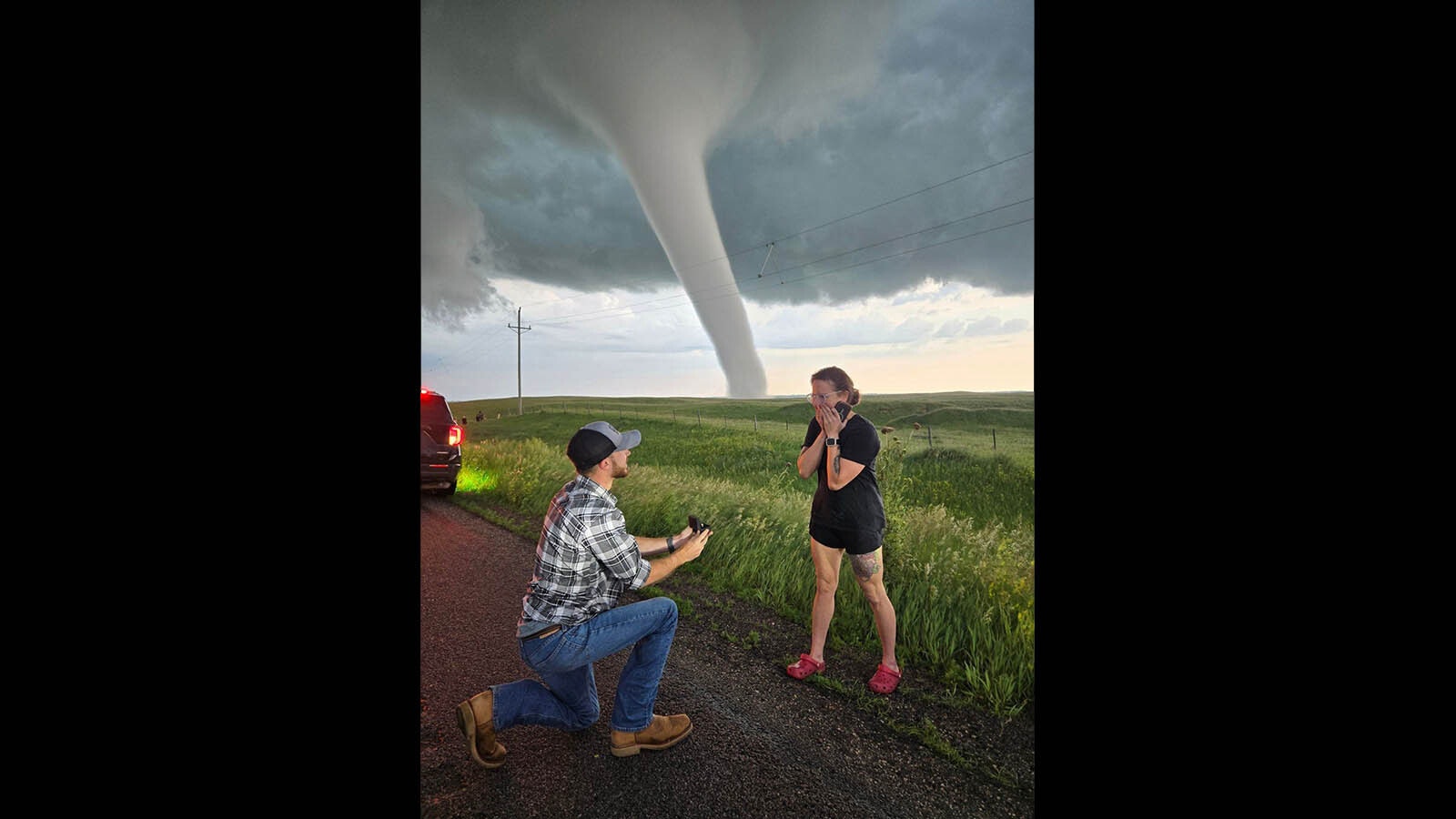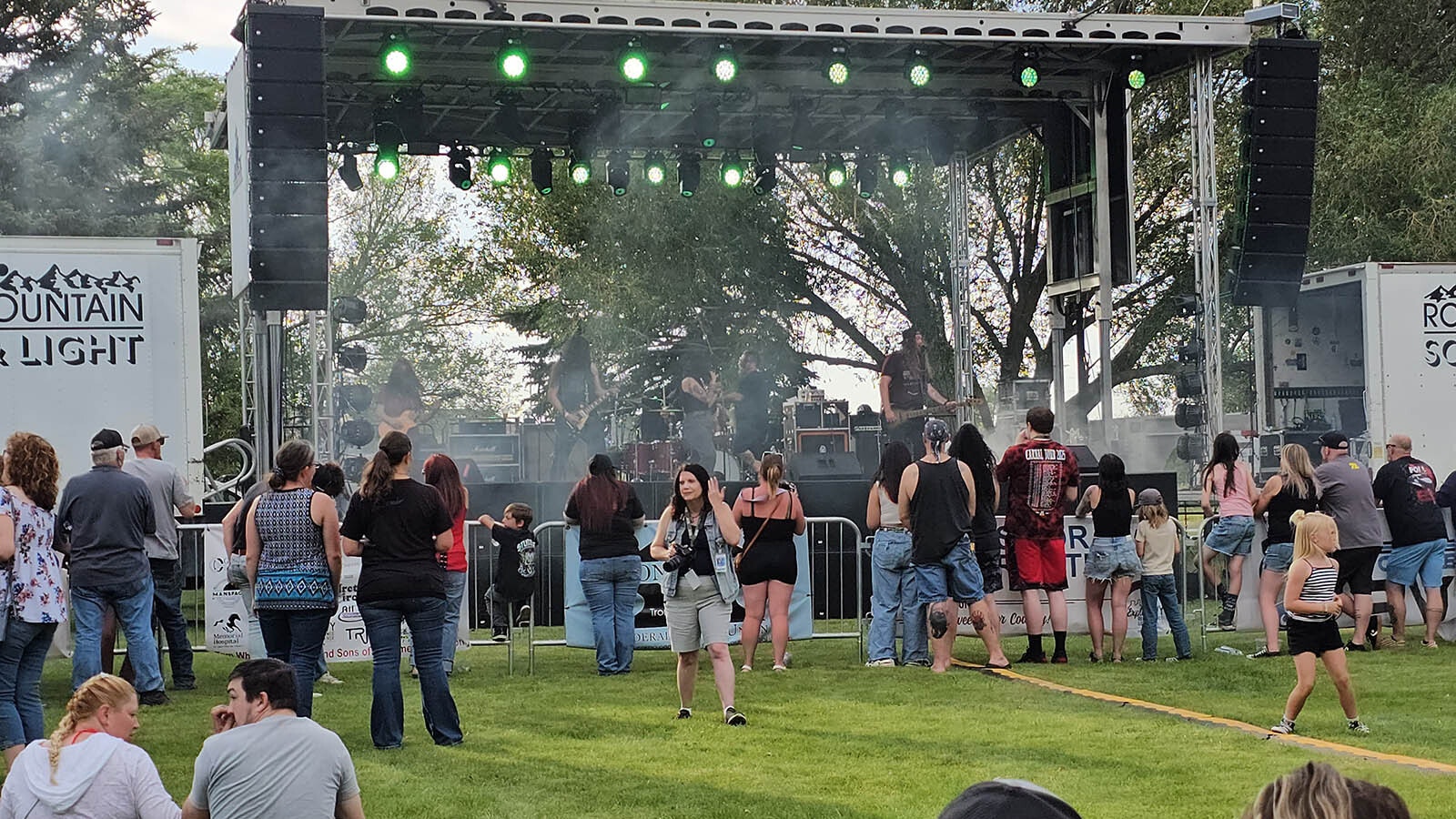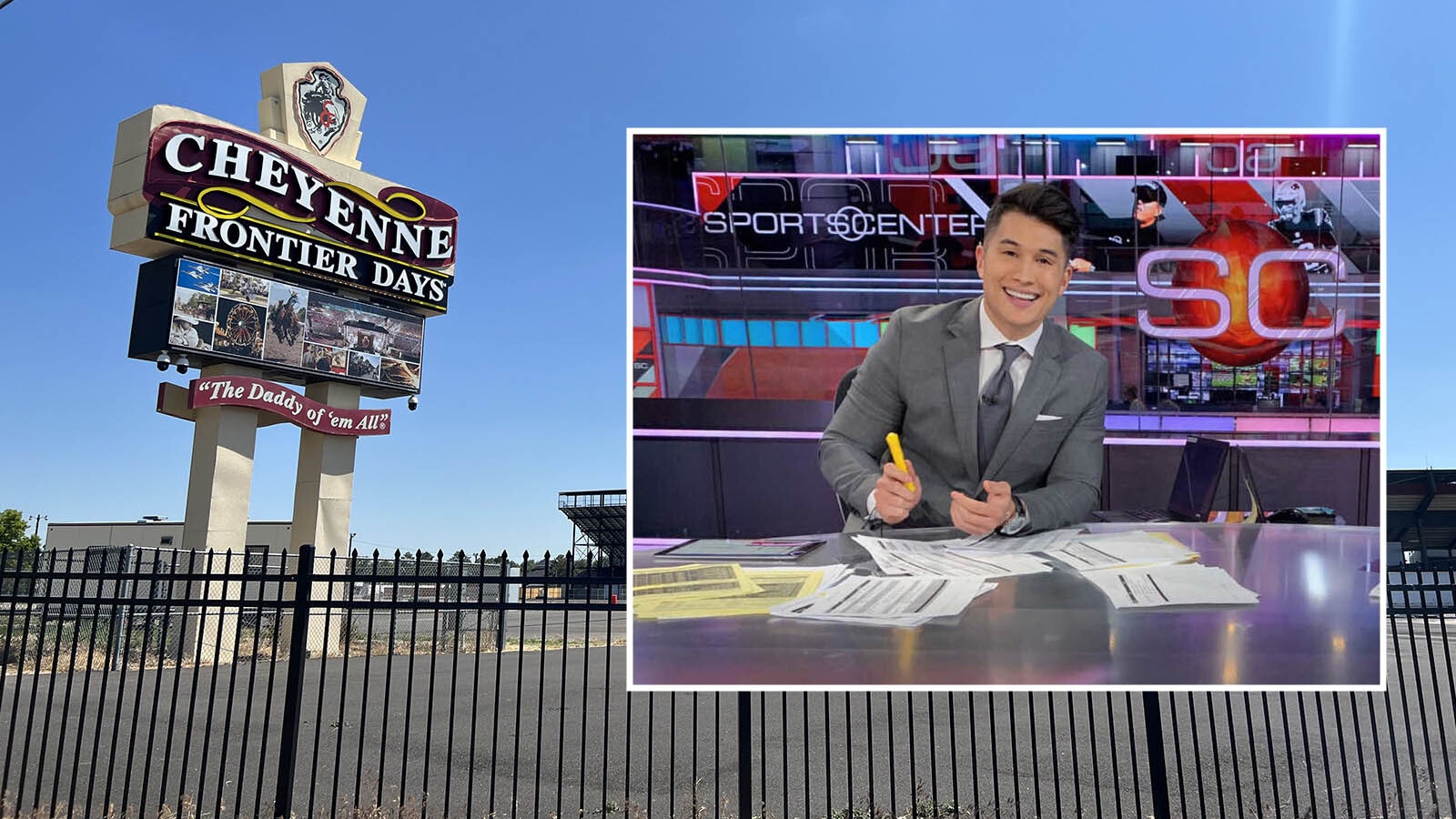CASPER — The Catholic Diocese of Cheyenne says a Tuesday announcement from the Vatican about a change in guidance on death practices to allow a small portion of cremains to go home with a family grew from an “awareness of needs within the church.”
Bishop Steven Biegler of the Diocese of Cheyenne told Cowboy State Daily in a statement that the guidance from the church’s Prefect of the Dicastery for the Doctrine of Faith is a response to “the growing practice of cremation elsewhere, along with the practice by some people to scatter ashes of the deceased in nature.”
The proper care and setting for a loved one’s cremated ashes is a sacred subject with Catholics. Cremation has been allowed by the church for quite awhile, but maintains burial is preferred. Under the new guidance, people who save a small part of cremains shouldn’t put them in lockets or mementos, nor should they scatter them.
The guidance was in the form of a letter from Cardinal Victor Manuel Fernandez responding to Cardinal Matteo Maria Zippi, the archbishop of Bologna.
What the Guidance Allows
The bishop believes burial practices in Wyoming will remain the same and that the new guidance does offer Catholics the options of:
- Commingled accumulation and preservation of the ashes of deceased baptized persons, indicating the identity of each person so as not to lose the memorial of the names.
- Allowing a family to “preserve in an appropriate way a minimal part of the ashes of their relative in a place of significance for the history of the deceased person.”
Biegler said there will likely need to be further clarification about what “appropriate” entails. He said while the Diocese of Cheyenne does not have data on the number of church members choosing cremation, “anecdotal experience” shows many families opt for the practice.
Priests in Wyoming do perform committal services for the ashes of church members.
Church doctrine continues to call for the majority of the ashes to be placed in a “sacred space” so they “are not excluded from the prayers and remembrance of their family or the Christian community. It prevents the faithful departed from being forgotten.”
A Funeral Home’s Experience
Being forgotten is what Levi Dockendorf, general manager of Casper’s Bustard & Jacoby Funeral Home, sees as the danger when families opt to take exactly the urn of their departed loved ones home. His experience shows many Catholics in the community choose cremation.
Some of those funeral services end at a cemetery with a priest doing a committal ceremony, but not all, he said.
“A lot of them do end up taking the urn home,” he said. “I have no insight what they do with (the ashes) at this point.”
What Dockendorf does share is that many people whose loved ones have been cremated go home with an urn still thinking about what to do with the remains, and they don’t think through what happens next.
“They think that is the end of the story,” he said. “But even that person won’t live forever.”
Dockendorf said he has received calls from people who are cleaning out a closet or house and they have come across an urn of ashes. And then there are those who also call with questions.
“Hey, I found an urn in dumpster, in a garage, what do I do with it?” he said.
Dockendorf said the funeral home does not have the answer, because it is not their decision to make.
Urns By The Door
Then there are the times people just leave ashes for the funeral home to deal with.
“Ten times a year there is an urn left by the door in the middle of the night,” he said. “We take all of them and go bury the in a communal vault at the cemetery.”
The Vatican guidance issued Tuesday states a family has to reject “every type of pantheistic, naturalistic or nihilistic misunderstanding.”
The Catholic Church banned cremation before 1963 due to the sacredness of the deceased body and the hope of resurrection. Following the Second Vatican Council in 1963, the practice was allowed under certain circumstances.
Tuesday’s guidance reiterates the importance of resurrection.
“Our faith tells us that we will be raised with the same bodily identity, which is material, even though that matter will transfigured,” Cardinal Fernandez wrote.
Dale Killingbeck can be reached at: Dale@CowboyStateDaily.com
Dale Killingbeck can be reached at dale@cowboystatedaily.com.

